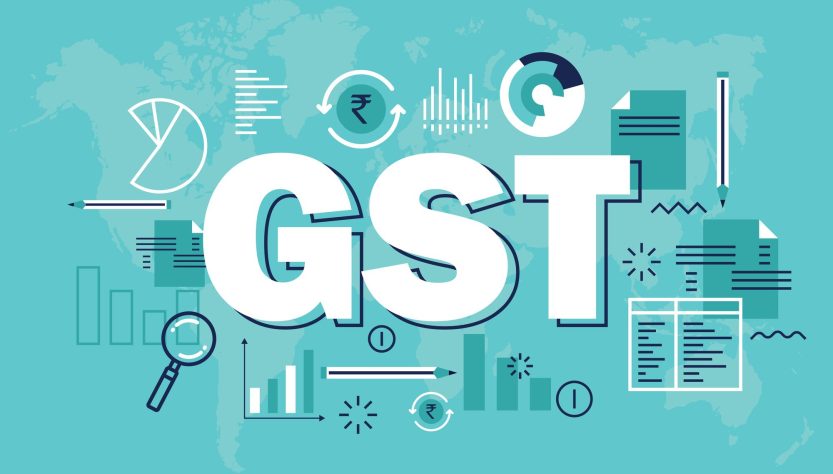Sir Winston Churchill, Prime Minister to Britain (1940-1945, 1951-1955) is reported to have said that “For a nation to try to tax itself into prosperity is like a man standing in a bucket and trying to lift himself up by the handle.“
Modi Sarkar has been going to town about the increase in GST collection. To really understand whether this will make the country richer or prosperous one has to understand what Sir Winston Churchill was saying about taxes.
One must recognize that tax collection has been rising because of inflation, tax compliance and some rise in consumption. For example if a product was selling at 100 Rupees and had a GST of 12%, that means the government was collecting 12 Rupees on this product. But if the product became 120, then automatically, the collection will go up by 20% (the increase in product price). Thus rising prices will always lead to higher tax collection. Second is compliance. As rules and regulations permeate to the last business, the number of people collecting and paying GST is increasing. Thirdly, there is some increase in consumption given that our population is growing every day.
Are taxes good for the government? Yes, higher tax collection puts money in the hands of the government. The question is how does the government use this money?
We have seen that Modi Sarkar has written off more than 14,50,000+ Crores (Fourteen Lakh Fifty Thousand Plus Crores) of bad loans and put the tax money into banks which suffered losses due to these bad loans. It is not the job of a government to plug losses in banks by using tax money, but it has done so thus taking away that much money from other government schemes. Thus we have seen that projects announced with much fanfare like AIIMS suffer because of lack of budget allocations.
Second is that high taxes take money away from citizens. When citizens have lesser money, the economy suffers because consumption is directly proportional to disposable income with citizens. When this happens, cost of production goes up as the producers have to recover their fixed expenses over a lower sales figure, which in turn leads to increase in price of the product, which in turn leads to higher inflation and higher GST collection (as explained above).
The ultimate test of prosperity is the metric, per capita income. If the income is not increasing then the country can’t be called prosperous.
One also has to understand that total money in the system depends on how much money the government has created. In 2014, total money in the system (M1) as per RBI was around 20,00,000 Crores. Now that money supply, as per RBI figure of December 2022, is 56,00,000 Crores! In these nine years, money supply has more than tripled. Any increase in money supply automatically reduces its value. For example if there is a bumper crop of onions, the price of onions fall. Same is the case with money.
Many prominent economists have been telling the government to shun this path and stop pandering to the capitalists. For Modi Sarkar, it is not possible to stop this, as the party gets all its funding from these capitalists via opaque Electoral Bonds.
What really happened with the economy, banking and finance, will eventually get revealed if and when Modi Sarkar loses the 2024 General Election and a new government tells the citizens what transpired between 2014-2024.


